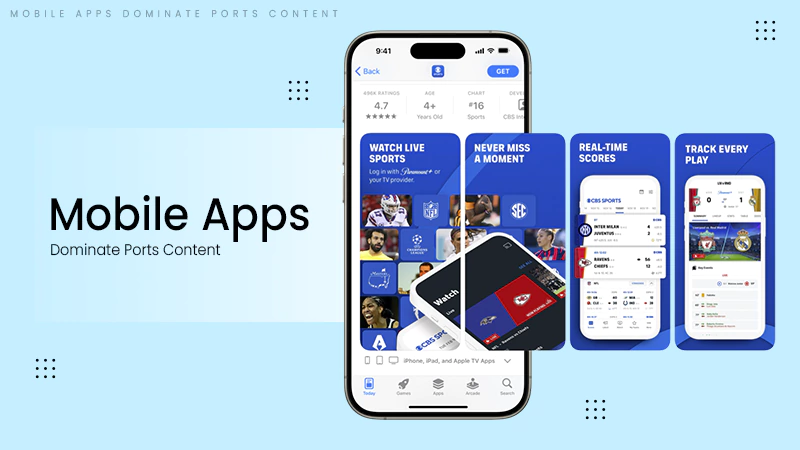
How AFL Match-Ups Decide More Than Just the Score
In competitive sports, psychological variables can be as important, if not more, than physical variables. A player’s confidence level may suffer as a result of their performance in the game that immediately preceded the new competition, but could also be a product of a historical loss to the same competitor.
A player may exhibit a mental block or psychological barrier before the ball gets bounced, tipped out, or served—the pre-competition actions that take place before the travel of the ball or puck gets initiated.
In a competitive sporting setting, the mere existence of a physiological disadvantage constitutes a strong psychological entity that could squash an opponent’s chances of winning or losing well before the competitive nature of the game even begins.
This article provides an overview of the thoughts and processes that may exist in relation to a past loss, and possible solutions for an athlete to deal with a psychological block.
KEY TAKEAWAYS
- Past defeats against a specific opponent can create a psychological disadvantage that impacts a player’s confidence and increases pre-game anxiety.
- Use film study and practice to identify and correct past mistakes
- Shift your focus from the outcome to the process of playing your best game.
Rewire the Entire Tactical System
Match-ups don’t just impact individual performance — they reshape how teams function. Assigning a shutdown role to a midfielder or defender shifts both sides’ approach. A review of elite AFL running data depicts that midfield and half-back roles carry the heaviest physical loads, especially against strong opponents or during losing quarters. These demands often force variations in rotations and team structure.
In case a star forward draws double coverage, it opens space for others. It disrupts the opposition’s link between defence and attack if a tagger limits a key midfielder. This forces changing ball movement, mid-game adjustments, and breaking down pre-planned strategies. In effect, a single match-up can redirect the whole flow of possession and structure of play.
Create or Destroy Momentum Swings
Match-ups generally spark momentum shifts. A dominant duel can lift a team’s energy, while a key player being outplayed can dent morale. This shift in confidence can lead to rushed decisions, hesitation, and breakdowns under pressure.
When an unfancied player wins a battle against a top opponent, it encourages the group. These contests become emotional catalysts that drive contest intensity, tackling pressure, and overall belief, all without showing directly on the scoreboard.
Shift Psychological Pressure and Perception
Every match-up is also a psychological battle. When a team’s leader is outclassed, it affects on-field authority and player confidence. Likewise, a player’s prior experience of being defeated in previous head-to-head matchups can impact their mental state leading up to the first bounce.
That psychological advantage can affect decision-making, as players generally will tend to miss targets or play conservatively.
Strong performances in key match-ups also determine reputations and influence future planning by opposition clubs. These duels help define club culture and individual growth.
Influence Betting Markets and Fan Engagement
Match-ups shape how fans and punters acknowledge the game. Observers look at who’s lining up on whom to predict performance trends, not just goals and disposals, but phases of dominance and game flow.
Punters, in particular, assess these contests when evaluating AFL betting odds across matches. When a star forward faces a tough opponent, expectations for scoring drop. A midfielder up against a weaker marker might grow predictions for high disposal counts. These factors influence tipping, bets, and pre-match analysis.
Shape Season-Long Storylines
Match-ups should not be isolated. Over a season, they create rivalries that grow, ongoing subplots, reputations that rise, and tactical trends that evolve. A player who repeatedly beats their opponent builds psychological momentum. Coaches take note and make adjustments in their weekly planning accordingly.
These storylines add richness to the competition, powering anticipation for rematches and lifting the stakes in big games. They become part of what makes AFL not just a sport, but a narrative-driven spectacle.
The Hidden Game Within the Game
AFL match-ups are far more than individual contests. They are strategic levers that influence structure, challenge psychology, shift momentum, and shape storylines. While the scoreboard records the result, it’s usually the match-ups that explain the journey—and what may come next.
Ans: A mental block is a psychological wall that stops a player from performing at their best.
Ans: A coach can create a strategy to lessen the issues, also allow emotional support, and have the player focus on the little things or small goals, instead of thinking of the total history.
Ans: Yes, often athletes who tend to be more anxious and/or have a perfectionist type of attitude can have events not only get more psychological.
Ans: Yes, one big win against their historical rival can be significantly powerful to help reset the players to come out with more confidence.











